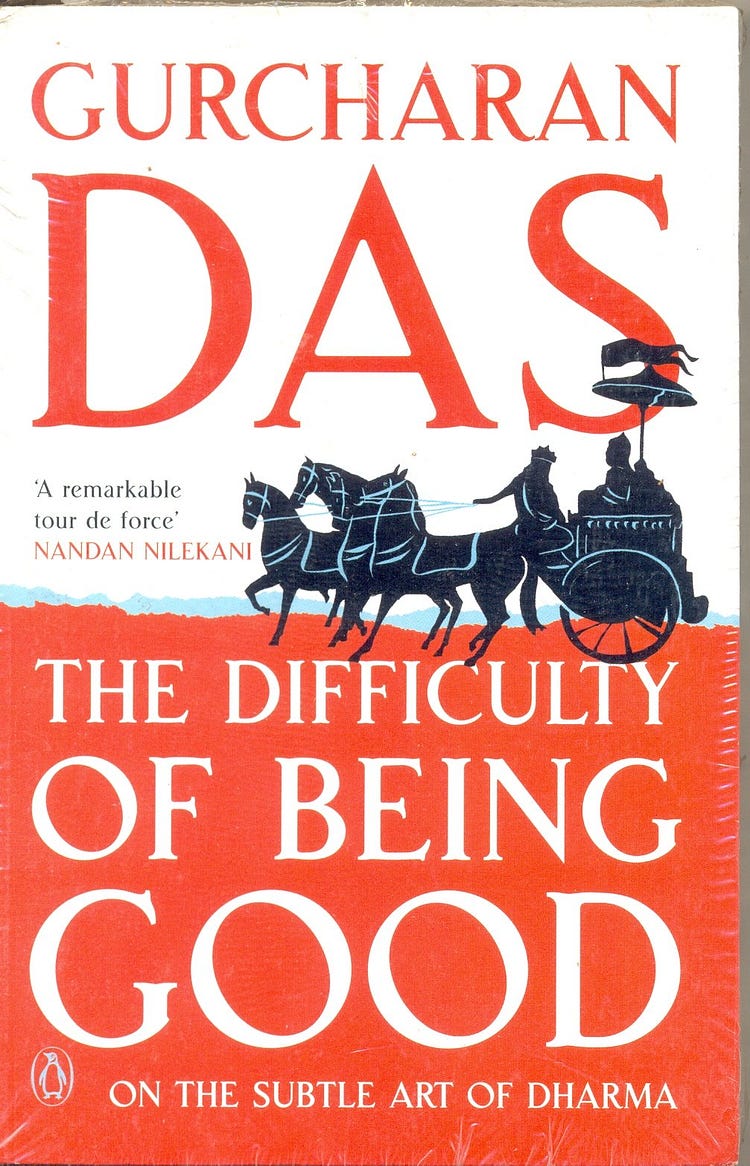Great onboarding isn’t just for corporates with big budgets! Build an effective and affordable orientation program with these free and fun onboarding ideas.
Onboarding is a crucial part of recruitment, but often feels like an afterthought once you’re done with the screening, selection, and the offer process. As a super busy startup or SME, it might seem unattainable to dedicate even more team time and resources for onboarding.

However, you may want to reconsider. In addition to making new joiners feel excited and welcomed, quality onboarding processes have been proven to increase employee engagement, productivity, and satisfaction, and reduce turnover and absenteeism in the long run.
How to begin? In partnership with the Shell Foundation, we created a starter guide to help you build an effective and affordable onboarding program. Here are three of our favorite fun and free onboarding ideas for you to incorporate today!
Tip #1: Create an informative and fun welcome packet to prep new joiners ahead of time
Create a packet of key information that you share with the new joiner a week ahead of their start date. It can be anywhere from a one-pager to a lengthier document, to a video, and you can update it and re-use it over the years.
Some onboarding ideas for what to include in your welcome packet:
- Your mission and vision statements.
- A timeline of key company milestones and fun facts about your founding story
- An overview of your key products with images and feature descriptions
- Case studies that demonstrate your impact on customers and/or society
- Organizational chart with names, pictures, and titles, so they can get a head start on learning names!
For bonus points: Print out your PDF and send it to your new joiner’s house so they can flip through it more easily. Everyone loves deliveries!
Tip #2: Time your existing company events to create an engaging and busy first few weeks
Does your team already hold regularly occurring internal events? These could include all-company gatherings (like Town Halls or leadership Q&As), functional team meetings (like brainstorms or check-ins), or social events (like a monthly happy hour).
Try planning your team calendar so that these events and meetings occur during your new joiners’ first two weeks at the company. With a little bit of advance planning or rearranging (and no extra cost), you’ve beefed up your new joiner’s onboarding agenda with fun and engaging events that help them dive right into your company culture and routines.
For bonus points: Load these events into your new joiner’s calendar so, on their first day, they see lots of fun activities already planned for them.
Tip #3: Pair the new joiner with a buddy
Setting up your new joiner with a buddy gives them an automatic friend on their first day! Ask for team members to volunteer to commit 2–3 hours in the next three months to be a buddy. Ideally, the buddy is familiar enough with your organization (over 6 months tenure) that they can explain team policies and culture, and are not the new joiner’s manager. Once you’ve selected a buddy, here are some activity ideas:
- Introduce the buddy and new joiner over email about a week before they join, giving the buddy an opportunity to welcome the new joiner and share any informal tips before their first day.
- Set up a lunch or coffee between the buddy and new joiner on their second or third day, so they have someone to share questions and observations with after the initial deluge of information.
- Ask the buddy to schedule a one-month and three-month check-in with the new joiner, so that they don’t feel like onboarding stops at activities of the first week!
For bonus points: Try to identify a common interest or trait between the buddy and new joiner, which can help as an ice-breaker. Make sure to go beyond the obvious (e.g., same university) to highlight that team members at your company strive to connect over shared interests and behaviors that go deeper than surface-level.
Thanks for checking out our top onboarding ideas for startups and SMEs!
Download the complete e-book:
Download our e-book Onboarding Your New Hires: A (Practical!) Starter Guide for more onboarding information, tools and templates.
Want more talent tips?
To receive more resources in your inbox, sign up for our weekly newsletter!

















































